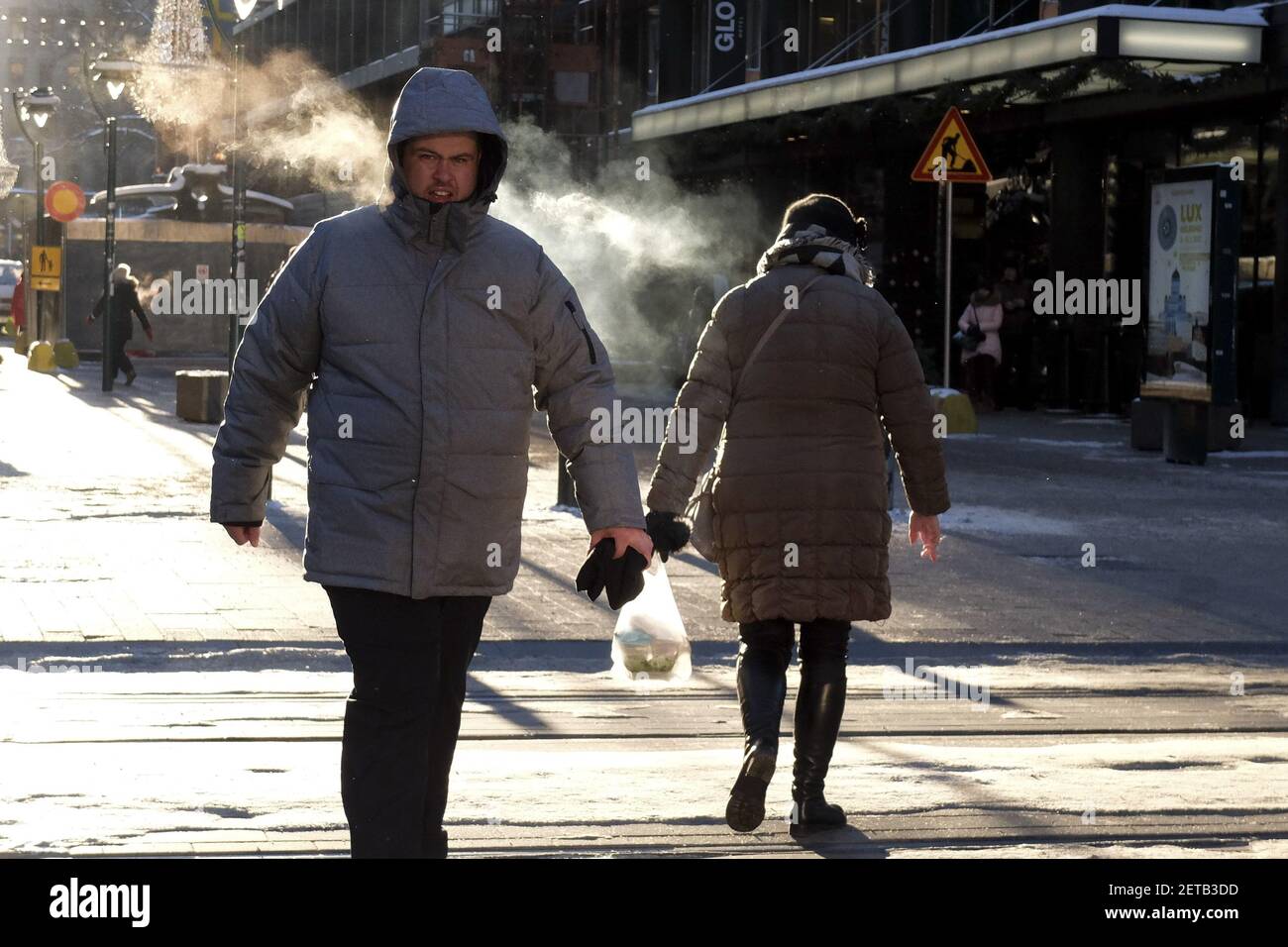



The severity of these health risks will depend on the ability of public health and safety systems to address or prepare for these changing threats, as well as factors such as an individual's behavior, age, gender, and economic status. These impacts threaten our health by affecting the food we eat, the water we drink, the air we breathe, and the weather we experience. The impacts of climate change include warming temperatures, changes in precipitation, increases in the frequency or intensity of some extreme weather events, and rising sea levels. These groups include the poor, some communities of color, limited English-proficiency and immigrant groups, indigenous peoples, children and pregnant women, older adults, vulnerable occupational groups, people with disabilities, and people with medical conditions. Every American is vulnerable to the health impacts associated with climate change, but some populations will be especially affected.Climate change can affect human health in two main ways: first, by changing the severity or frequency of health problems that are already affected by climate or weather factors and second, by creating unprecedented or unanticipated health problems or health threats in places or times of the year where they have not previously occurred.Climate change is a significant threat to the health of the American people.Global Change Research Program produced a report that analyzed the impacts of global climate change on human health in the United States.


 0 kommentar(er)
0 kommentar(er)
